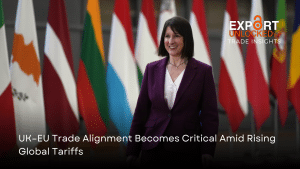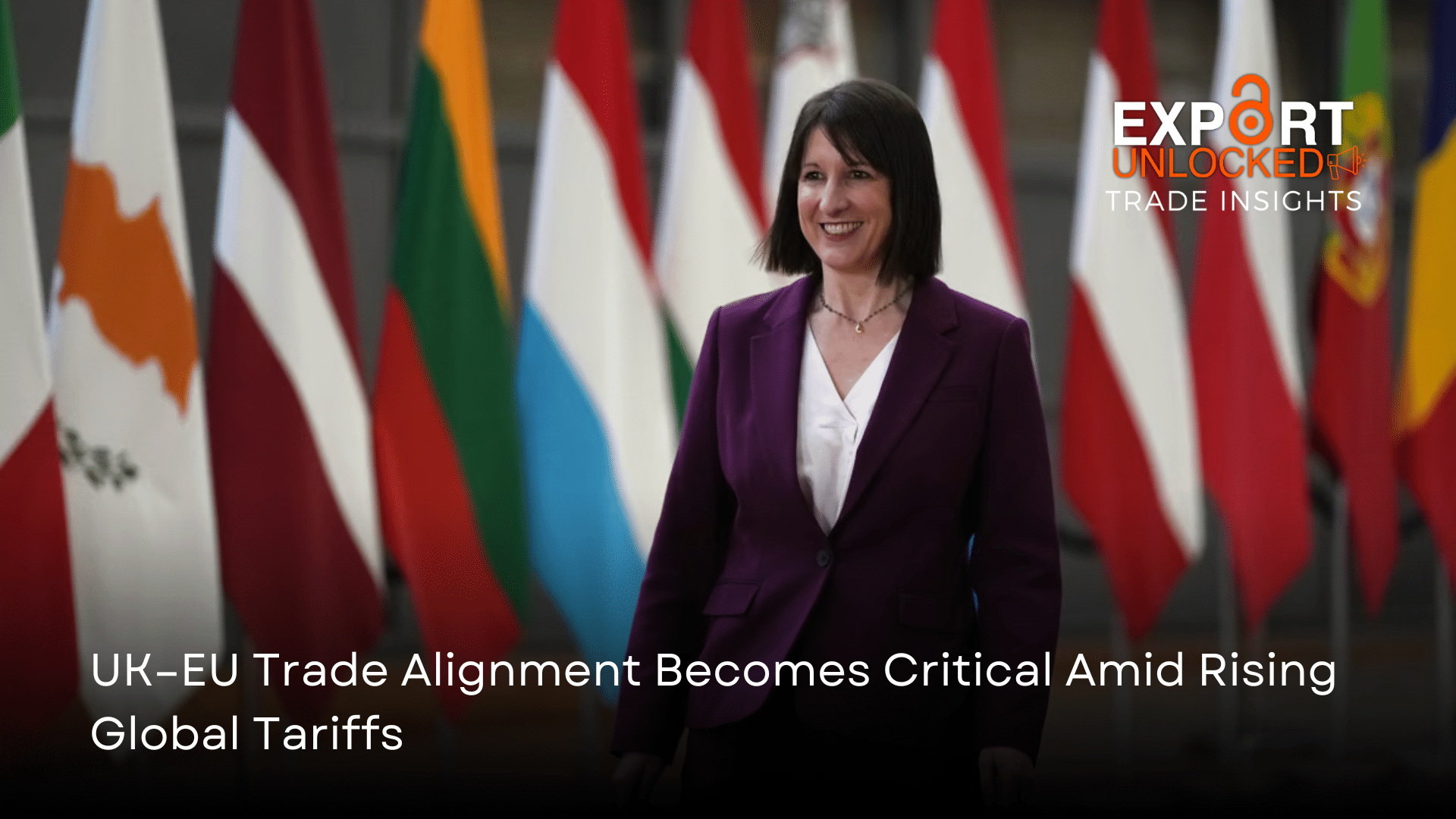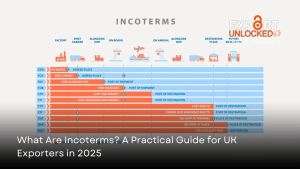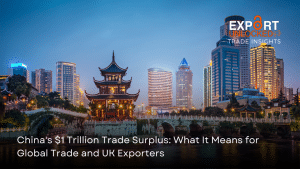

Home » UK–EU Trade Alignment Becomes Critical Amid Rising Global Tariffs
UK–EU Trade Alignment Becomes Critical Amid Rising Global Tariffs
Export Unlocked, April 9, 2025
In a world increasingly shaped by geopolitical tensions and protectionist policies, UK Chancellor Rachel Reeves has issued a clear message: improving trade relations with the European Union is not just desirable—it’s essential.
Moreover, speaking to the Financial Times, Reeves framed recent global events, including escalating trade friction with the U.S., as a wake-up call for Britain. With U.S. President Donald Trump imposing steep tariffs on UK exports—10% on most goods and 25% on sectors like automotive and steel—Reeves warned that avoiding a damaging trade war is now a top priority.
“We don’t want to see an escalation of tariffs. We want to do a deal that supports the UK economy,” Reeves told Reuters.
A Strategic Pivot Toward Europe
Reeves’ renewed push to strengthen UK-EU ties marks a significant post-Brexit shift. While her party hasn’t endorsed rejoining the EU single market, the Chancellor has hinted at the potential for regulatory alignment in key sectors, particularly chemicals and manufacturing, to ease cross-border trade.
This pragmatic approach is gaining traction among both political and business leaders, many of whom see Europe as a natural and economically critical partner.
“What we don’t want is a trade war, with Britain becoming inward-looking,” Reeves told The Guardian, rejecting calls for a protectionist “buy British” campaign.
What Rising GLobal tariffs Means for UK Importers and Exporters
For UK businesses, the Chancellor’s comments are more than just rhetoric— rising global tariffs could signal a tangible shift in trade policy that brings much-needed relief.
1. Exporters to the EU: Firms exporting to the EU could benefit from simplified regulations and potentially lower barriers. If the UK pursues sector-specific regulatory alignment, companies in industries like chemicals, pharmaceuticals, and food processing may find it easier to meet EU standards, boosting competitiveness.
2. Importers from the EU: Closer alignment could also help importers by reducing red tape at the border, improving supply chain efficiency, and cutting compliance costs. This is particularly crucial for UK retailers and manufacturers relying on just-in-time logistics.
3. Exporters to the U.S.: The Trump administration’s tariffs have hit exporters hard, especially in the automotive and metals sectors. While Reeves is seeking to negotiate a new economic partnership with U.S. Treasury Secretary Scott Bessent, businesses may need to diversify markets or adjust pricing strategies in the short term.
4. SMEs and Startups: For smaller firms, a clearer, more stable trading relationship with the EU could reduce uncertainty and open the door to expansion. Many have struggled with post-Brexit bureaucracy and would welcome any streamlining of cross-border processes.
Looking Ahead
Reeves’ diplomatic push underscores a broader strategic recalibration. As protectionist winds blow stronger across the Atlantic, the UK is being nudged back toward its closest neighbors. Public opinion seems to support the move, recent polling shows British voters favor closer ties with Europe over aligning more closely with Trump’s America.
In the months ahead, UK businesses will be watching closely. Whether the government can successfully pivot, strike new deals, and shield the economy from global trade headwinds will be crucial in determining the country’s path forward.
For now, one thing is clear: in the age of uncertainty, rebuilding strong, stable trade relationships isn’t just good politics—it’s good economics.
Discover More Articles:




